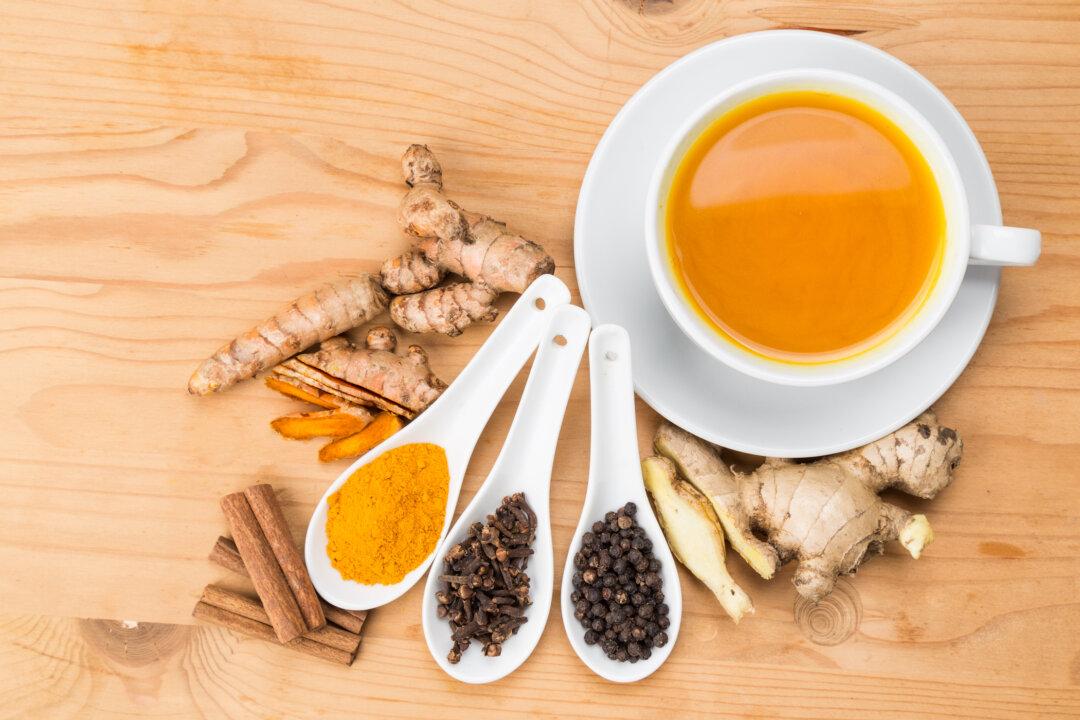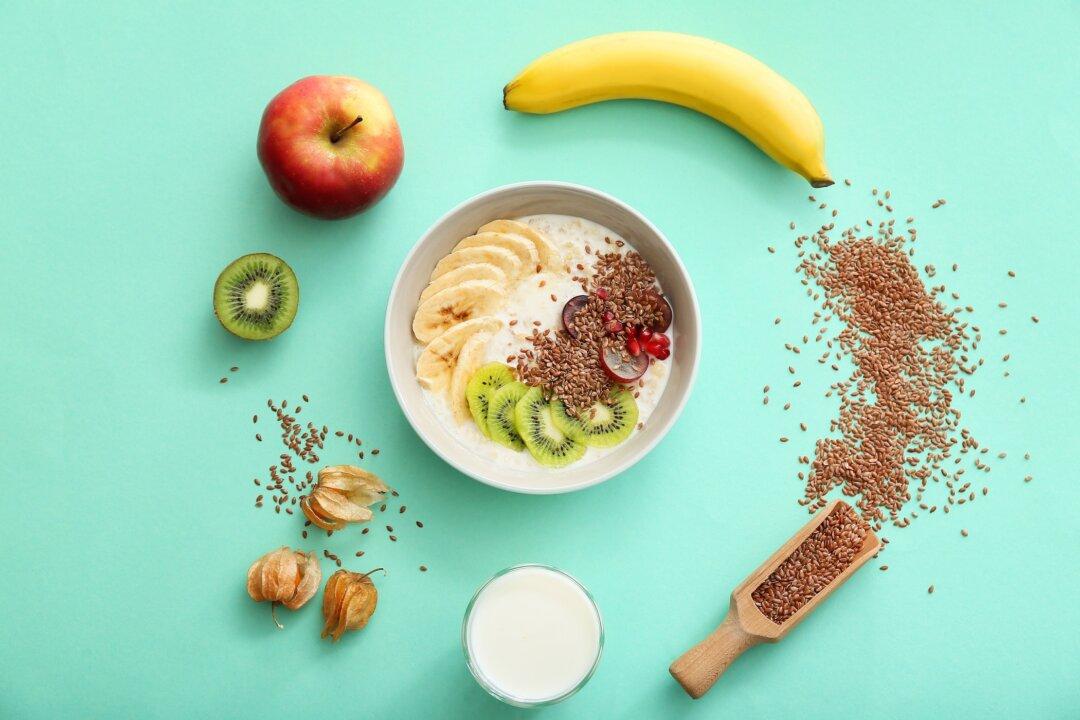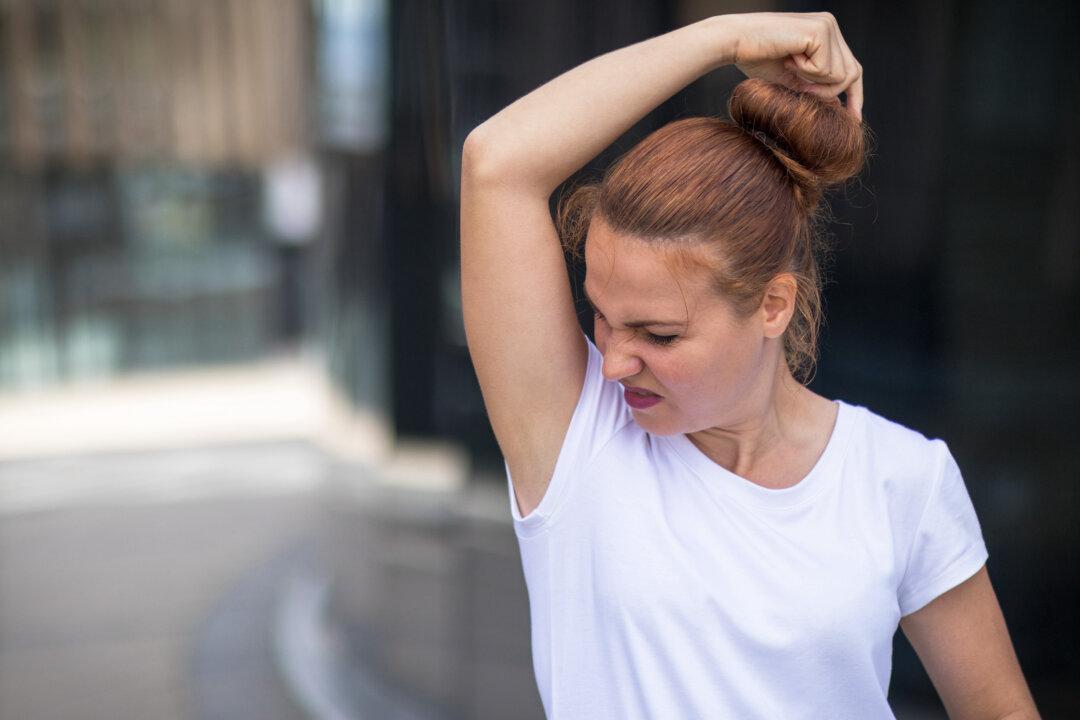The smell of sweet orange essential oil may have anxiety-reducing properties without the potentially addictive, sedating, and adverse effects of Valium-type benzodiazepine drugs.
“Aromatherapy is the use of concentrated essential oils extracted from…plants…to treat…disease[s],” and is “commonly used” to treat anxiety symptoms. “Anxiety disorders are the most prevalent class of psychiatric disorders in the general population. However, their treatment is still challenging, as the drugs used for the relief of anxiety symptoms can have important side-effects.”






